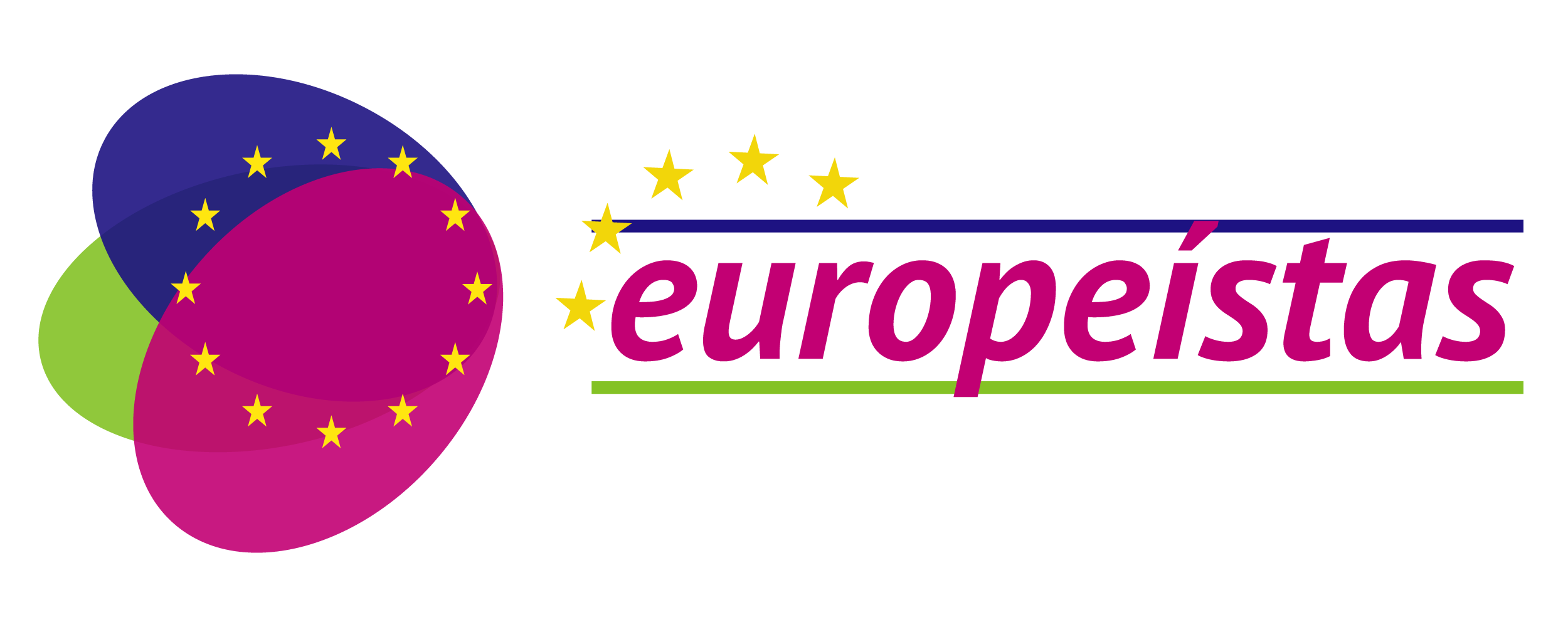THE NEW REALITY OF FAMILIES
Immersed in a dynamic in which everything is polarised and labelled blue or red, the family has been framed within the competencies of the most antiquated right, limiting it to stereotypes in which the religious components have a predominant role that almost exclusively emphasises its reproductive function. As a consequence of this labelling, certain political sectors do not give importance to family structures beyond the problem of domestic violence, specifically that which is exercised against women, and those parties that should be their advocates tend to avoid any reference to the family in their electoral programs for fear to stigmatisation.
Well into the twenty-first century, with the profound changes that society has undergone in recent decades, to continue with this concept of family limited to the traditional role of a man and a woman with children is not only a tremendously simplistic reduction, but it means leaving aside a reality that affects all European citizens and neglecting one of the basic pillars of transmission of values and sustainability of the economy.
Understanding family as the union of people who share a vital and lasting project of existence in common, in which strong feelings of belonging to this group are generated and where a personal commitment among its members exists, we want to develop policies around what, in our opinion, is currently greatly forgotten: the family, irrespective of its sexual orientation or number and relation of its members.
CARE, PROTECTION AND AFFECTION

"The family is the natural and fundamental group unit of society and is entitled to protection by society and the State."
Artícle 16.3 of the Universal Declaration of Human Rights
During infancy and early childhood humans are unable to fend for themselves, they are totally dependent on others for food, clothing and protection. In addition, as they reach adulthood, all individuals experience episodes of illness, disability and dependence. During that time, the family assumes responsibility for the care and protection of its members. However, it is necessary not to forget those who do not have families or those whose family decides not to help them, with the substitution role of Social Services to cover these shortcomings.
The family provides support to members who need it. Support from family comes in may forms - economic, emotional, etc. Thanks to it, it is possible to resolve conflictive situations or to avoid moments of individual crisis with relatives. The support comes from the feeling of belonging to the family and of knowing that, as a group, it shares common beliefs, projects and affection.
Reproduction is vital and essential for the revitalization of society and for the family to endure and so is the process of socialization of its new members. It is the responsibility of the family to provide its members with information about the different models for the development of their sexual identity, and of the State to educate in values of tolerance, trying to counteract the homophobic or discriminatory teachings that sometimes occur within the family.
We aim to promote respect, solidarity, tolerance and care for the natural environment in the members of the modern family, because these values will let us build a more just, influential and enduring Europe.
The structure of a society is an intricate network of roles and different social status. These include our national, ethnic, racial, religious, class, and community identities, and are derived from family membership. People must be considered as equals, giving each one the opportunity to look for their role and status. This would not be always possible but belonging to one or another family must not be the reason.
EDUCATION IN VALUES AND EQUALITY

PARENTAL RESPONSIBILITY AND INTEREST OF THE CHILD

We are witnessing continuous changes in models of family and couples as well as the distribution of family roles in relation to household tasks and child care, which is giving rise to very different models of family organization when the family ties break.
In case of divorce, the custody of the children has traditionally been granted to the mother. It could be considered logical in a society in which the marriage consisted of a man who supplied and a woman who cared and educated the children. The emergence of new family models has made this preference meaningless, among other reasons because divorce or separation can take place between two women and between two men, married or linked by any of the recognized forms of civil union. Also because the children can arrive by adoption, by surrogate gestation or by other means. In addition, the Convention on the Rights of the Child and the Convention for the Protection of Human Rights and Fundamental Freedoms foster parental co-responsibility, which becomes an obligation for both parents. Finally - but more importantly - shared custody as a preferred option in case of separation should be reviewed for an essential reason: the interest of the child.
We will support measures that facilitate labour conciliation, since it is fundamental to have compatible school hours and working schedules, coordinating also with the needs of any dependent family member. Thereby allowing the full development of the family and increasing efficiency in the workplace.
On the other hand, the abysmal differences between the different Autonomous Communities segregate the citizen and limit their possibilities to develop as integral members of society. Therefore, we want to eliminate these privileges and homogenize benefits throughout the national territory. We need to develop public policies with a "Family perspective" by implementing, for this purpose, an integral family policy universal in character, which recognizes and promotes its rights, thereby developing a tax system that helps the demographic renewal with the improvement of the conciliation of work and family life, and to solve the main needs and obstacles in the family today, such as: the problem of housing, to be able to decide freely and responsibly the number of children desired, care and maintenance of children, educational expenses and the right of parents to educate children according to their convictions.
LABOR CONCILIATION AND RIGHT TO A FAMILY

DOMESTIC OR INTER-FAMILY VIOLENCE

It is a very concrete and very important issue. We want to incorporate a perspective that integrates with the new types of family that are formed in today's society, without exclusion, alluding to new practices and protection that incorporate not only the most recognized types of domestic violence like violence against women, against men, child abuse, parental violence, abuse of the elderly, etc., but also to families assembled or reconstituted and violence between two persons of the same gender. There is a need for an expansion of the legislation that must cover this new types of family in our society, adapted to the needs of each one.
It is fundamental to move away from the discourse of confrontation of opposites, to which we are accustomed by the current policy. By simplifying situations, current policy confronts men and macho violence against women and false accusations. We must develop not only a series of policies that protect individuals, but also we must promote a new language that, instead of leading to confrontation, reconciles positions and provides solutions above all. Therefore, we want to emphasize education, health policies or economic resources, so that society is prepared to prevent and deal with violence, avoiding all complicity with those who exercise it, denouncing them and providing all necessary help to its victims.
